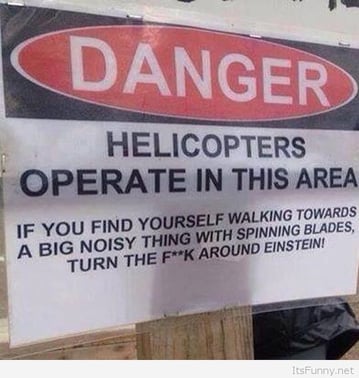Suppose you're a commercial loan broker, and you have have four commercial loans in process. Three of them are commercial construction loans. The doctor says you're gonna die. (Old joke about the snake venom and the need to suck it out.)
How come? The banks are making commercial construction loans again, and banks close 95% of all commercial construction loans. That sounds positive. So why can't a commercial loan broker ever close a commercial construction loan?

Your chances of EVER closing an international commercial loan are definitely zero. (I'll be blogging on international loans again in a few months.) Your chances of closing a commercial construction loan are NOT zero; but your chances are very low. Today's training will explain why.
Banks love-love-love to make good construction loans, assuming the developer enough equity in the deal. (Aye, there's the rub.) Assuming that the financial world is not melting down, it has always been easy for qualified developers to simply trot down to a local bank and get a construction loan.

As a result, only the unqualified developers ever called commercial mortgage brokers for a commercial construction loan of less than, say, $7 million.
One way a developer could be unqualified is because he has very little construction experience. His CV is very unimpressive. A CV stands for curriculum vitae, which, in practice, means his construction resume. If a developer is seeking a commercial construction loan to build a 20-unit apartment complex, ideally this developer has already built a four-flex and then an eight-unit apartment building.

More commonly, a developer is unqualified because he can't contribute 30% to 35% of the total cost of the project in cash or in equity in his land. In the past, banks usually only required the developer to contribute 20% of the total cost of a project. Since the Great Recession, however, commercial banks will rarely be satisfied with the developer contributing less than 30% to 35% of the total cost of the project. That's a whole lot of equity.
Twice in the preceding paragraph I have used the term of art, "total cost". The Total Cost of a commercial construction project is the sum of the Land Costs (usually the actual purchase price of the land), the Hard Costs (bricks and mortar), the Soft Costs (fees, reports, points, etc.), and the Contingency Reserve (5% of hard and soft costs).

As a commercial loan broker, you will find that 95% of your commercial construction loan applicants lack the required 30% to 35% equity. In other words, your developer doesn't have enough skin in the deal.
If a developer was wealthy enough to contribute 30% to 35% of the total project cost in cash, you can bet that he has tons of contacts directly with banks. He doesn't need you.

Therefore, if you want to feed your family, don't waste time working on commercial construction loans or residential subdivision construction loans right now.

Does this mean that there are absolutely no commercial construction loans that make sense?
No. The deals that still make sense in today's market are the small commercial construction loans, made to owner-users, from SBA lenders, typically under the 504 Program. You can apply to dozens of SBA 504 construction lenders using C-Loans.com.

















